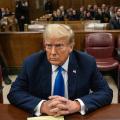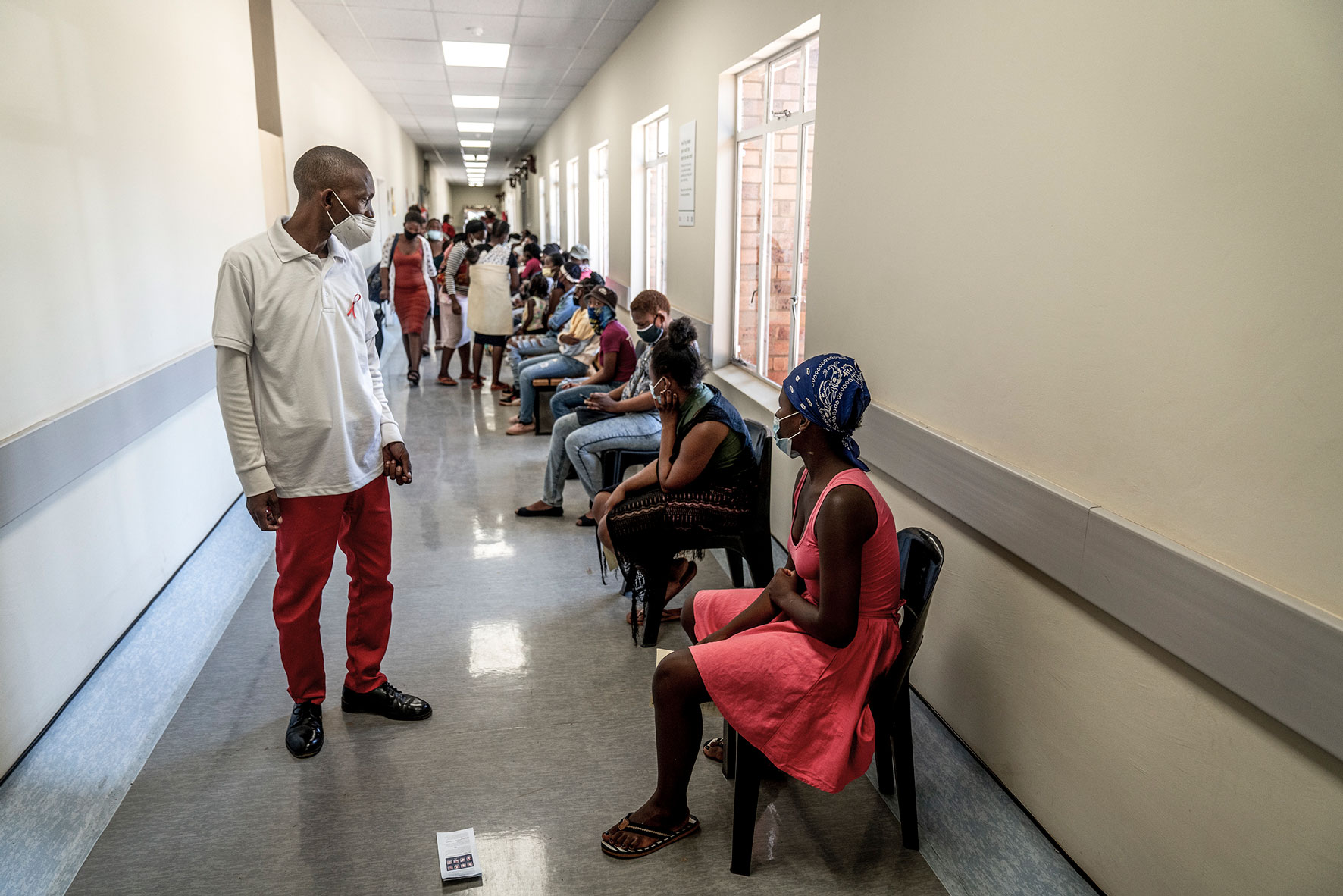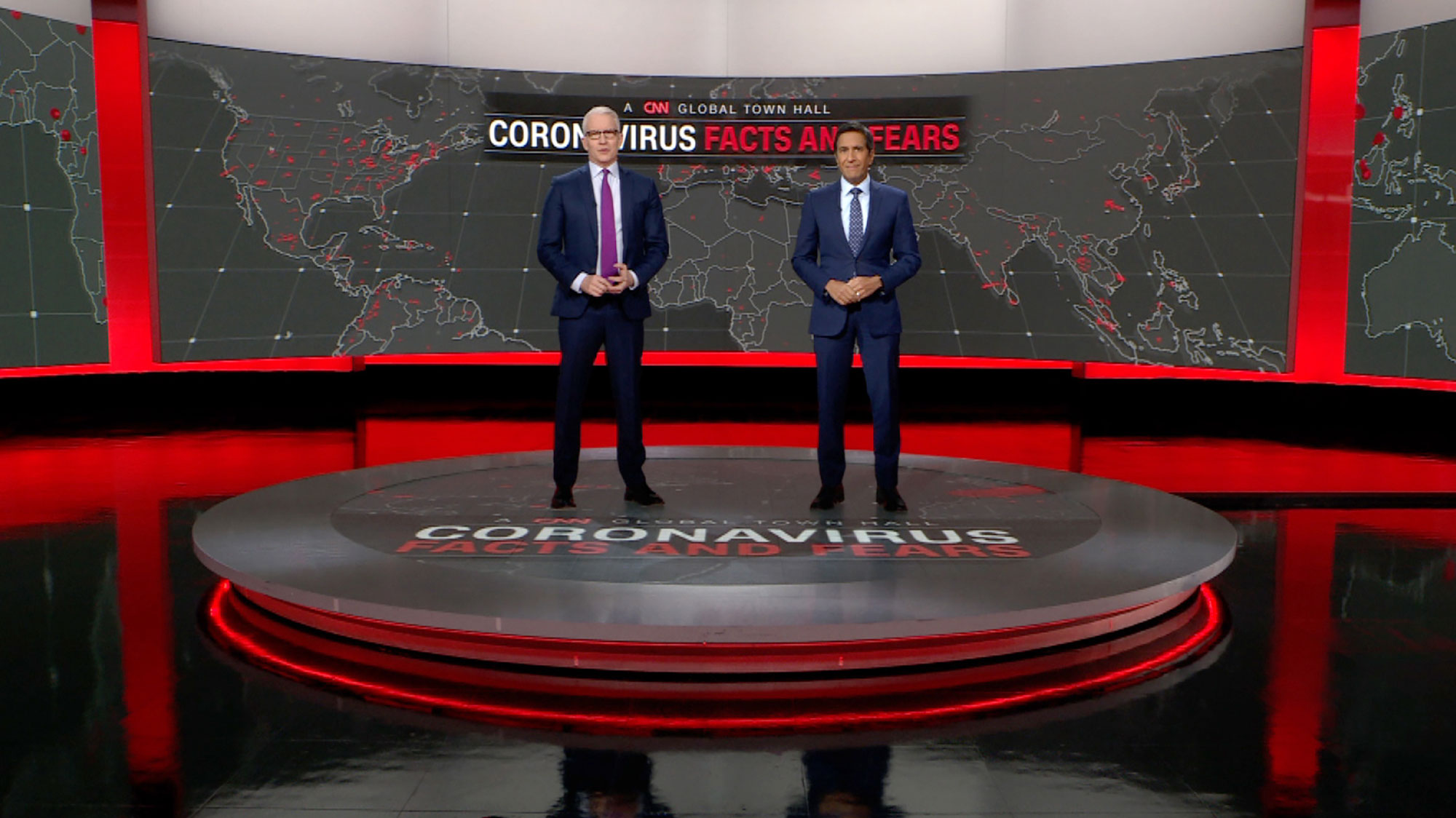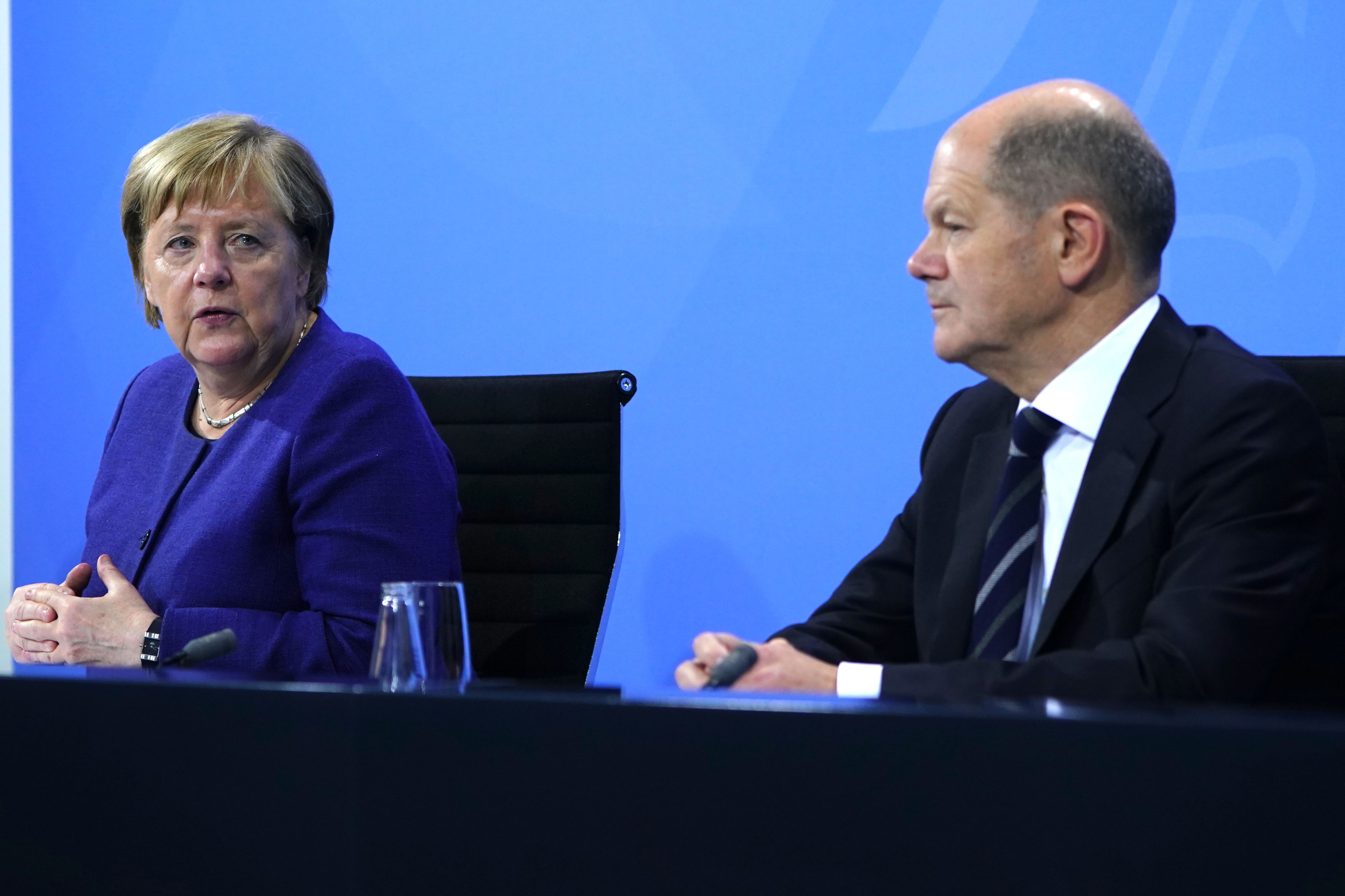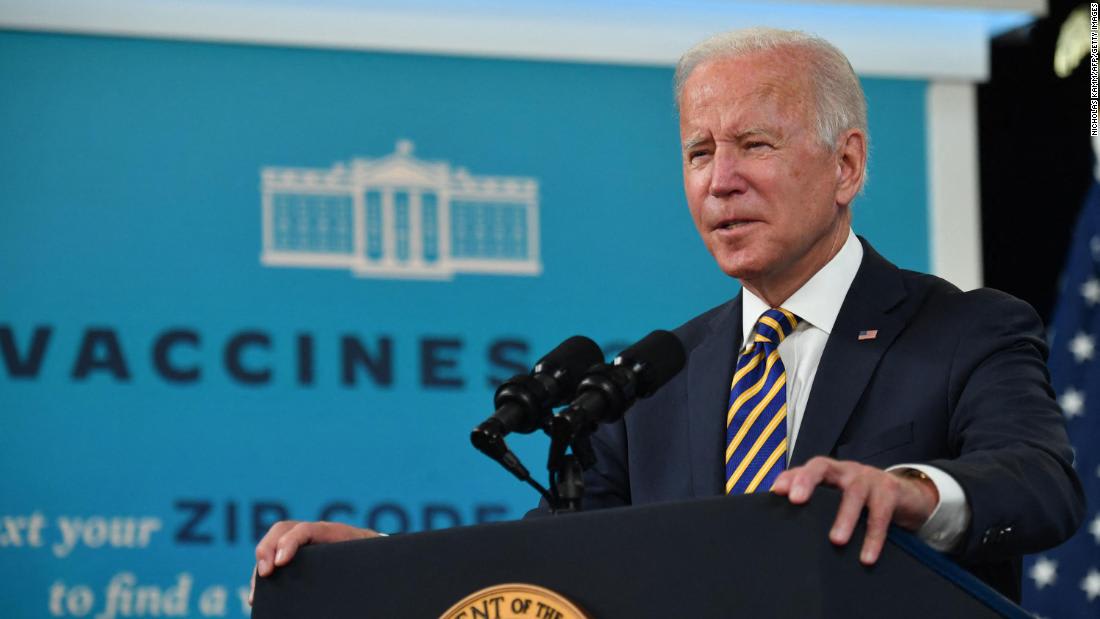As part of its ongoing efforts to combat the Covid-19 pandemic, the White House is announcing a slew of new actions Thursday aimed at fighting the pandemic and protecting Americans from the Delta and newly-discovered Omicron coronavirus variants.
President Joe Biden will detail the administration’s nine-pronged plan in remarks at the National Institutes of Health Thursday, just one day after officials confirmed the first recorded case of the Omicron variant in the United States in California.
“While this new variant is a cause for concern, it is not a cause for panic,” a senior administration official told reporters Wednesday ahead of the President’s remarks.
“We have the tools we need to confront this variant, to keep making progress in our fight against the virus, and we are using these tools to keep people safe, keep our schools open, and protect our economy,” the official added.
The plans addresses several areas:
Travel guidance for international and domestic travel
Building on new travel restrictions from regions affected by spread of the Omicron variant earlier this week, Biden will announce new steps Thursday tightening pre-departure Covid-testing protocol for all inbound international travelers, requiring a negative test within one day of departure for the US.
At this time, any foreign national who travels to the US must be fully vaccinated, though there remains no vaccination requirement for American citizens traveling via air, either globally or domestically.
The administration will also formally announce its plan to extend a mask requirement for domestic travel, originally slated to expire in January, until mid-March. The order, which was already extended earlier this summer, also applies to travel via rail and public transportation, and comes amid widespread reports of unruly passengers refusing to comply with mask mandates.
Increasing vaccine and booster outreach for seniors and children
Under the plan announced Wednesday, the administration is increasing vaccine outreach, including efforts, in partnership with HHS, AARP, and Medicare, to ensure an estimated 100 million Americans eligible for the Covid-19 vaccine booster get shots as soon as possible, including the launching of a nationwide public education campaigns, town halls, offering rides to vaccine and booster appointments for the nation’s “hardest-hit and highest risk older Americans.”
The administration will also unveil a series of steps aimed at increasing vaccination rates among children in an effort to keep schools open and protect children ages 5 and up.
As part of those efforts, the administration will launch “family vaccination clinics” aimed at offering vaccines and boosters for entire families at once and FEMA offering mobile vaccination clinics to reach hard-to-reach communities. The administration is also issuing a “Safe School Checklist” so schools can safely encourage vaccination and booster efforts and avoid outbreaks.
Biden will also announce further actions to export vaccines abroad, including 200 million more doses in the next 100 days, accelerating delivery to high-risk countries, while ramping up vaccine manufacturing to increase global production capacity.
Expanding testing and outbreak response efforts
Biden’s Thursday announcement will also new steps to increase Covid-testing, including the news that private insurers will reimburse the costs of at-home tests for more than 150 million Americans covered by private insurance. In addition, local community sites such as health centers and rural clinics will offer free at-home tests for those not covered by private insurance.
The president will also announce over 60 Winter Covid emergency response team deployments available to states to combat outbreaks and rising Covid cases nationally, expanding a program from the summer and fall.
